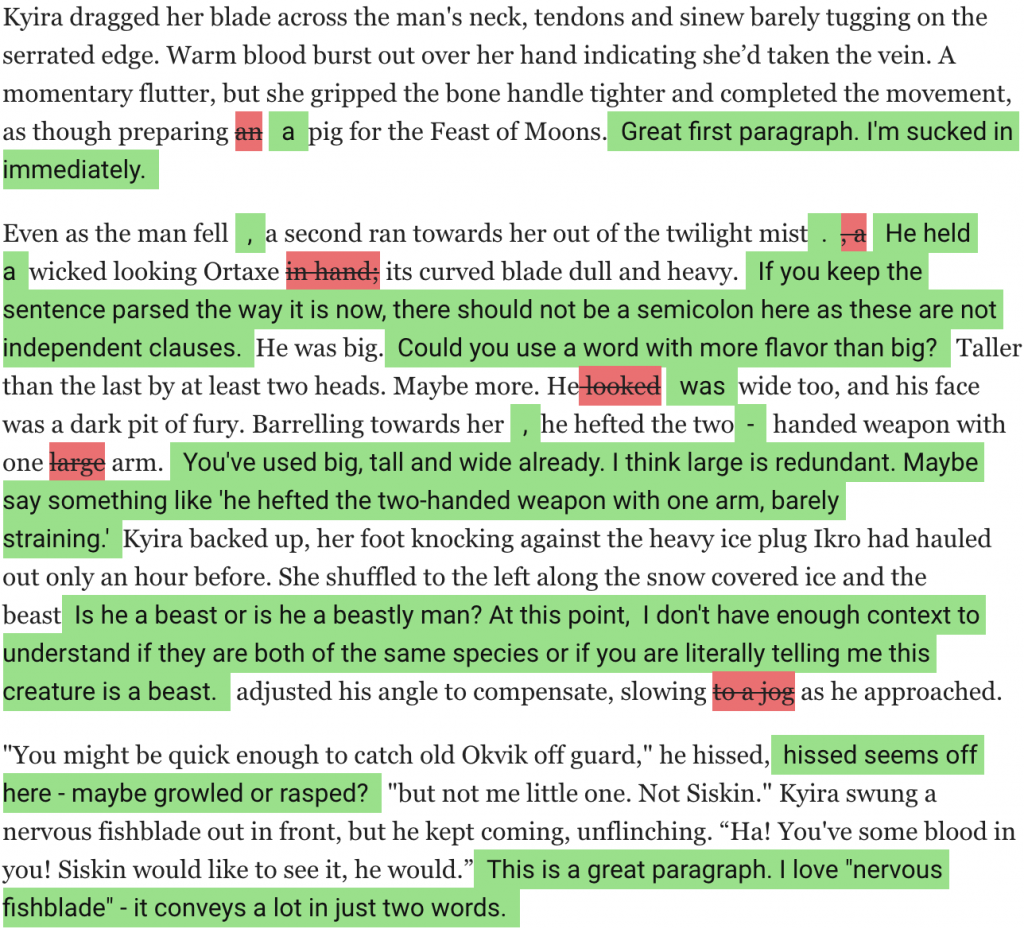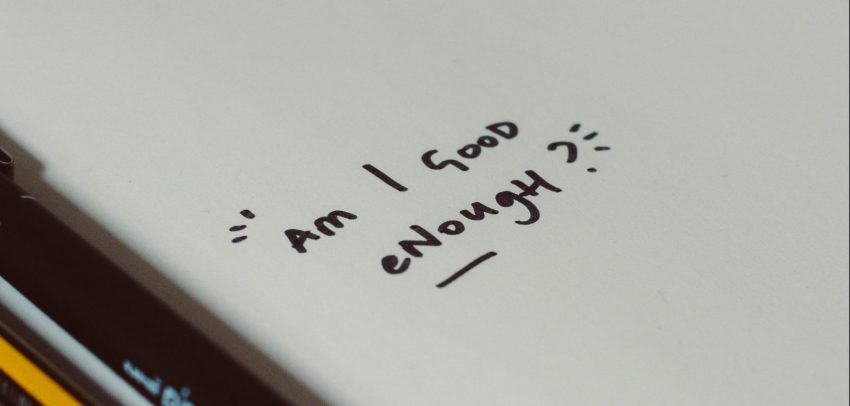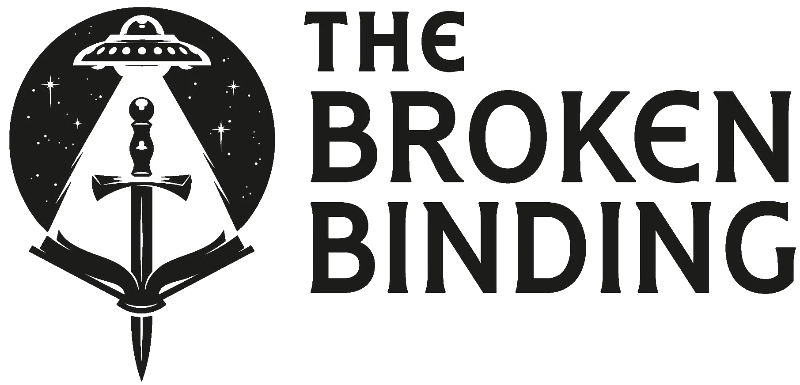Wait. I have to critique other people’s writing before I can get my work critiqued? What madness is this? Scribophile’s karma system is anything but mad, it’s exceedingly clever and I wish I had thought of it first.

Uploading chapters to Scribophile
The first chapter of the first draft of my book went up extremely easily onto Scribophile’s servers and was shot down just as quickly. My job as a Designer had prepared me for failure, as much as it had for iterating on constructive criticism, but by the dead I was not expecting the barrage of negativity that poured in.
A little context then: I had originally been working with an author at the very beginning of my writing life, and she was quite helpful, but she was used to being published, which meant she wrote a draft and sent it off. This, I’ve since learned, is unusual. First drafts are often rubbish even from the best writers. However, comfortable as I was beneath her wing I took it as lore that once I hit the end of Chapter 3 (seriously) that I would be able to send out my work to agents and the like. This is spectacularly amiss of what the industry expects, where full manuscripts are only accepted for review after 3 chapters of an already complete book have been received by the agent. So when I hit Scribophile I was fully under the impression that I was close to the end.
Ok back to it.
I upload my work from Evernote pasting directly into the Scribophile editor. It was clunky because it was the very first draft of my very first novel. A novel I was learning to write, that was now suddenly among those who had been writing for many years, people who were willing to spend their valuable time reading, commenting and teaching for people like me. Awesome people to whom I owe an incredible amount.

A little more about Scribophile’s karma system and why it is so good
As people critique, they gain karma points which allow them to post their own work for critique. The price for an upload is 5 full karma points and you gain about 0.5 karma points per critique. It’s really a very clever system that forces writers to be critical of other people’s work before they’re allowed to gain critiques on their own. This method forces you into “diagnosis mode” reading and challenging other people on why they’ve made the decisions they have, whilst giving you a grand introduction into editing.
Unbeknownst to you, your diagnosis mode, which is being honed on other people’s work, actually begins to kick in automagically when you start reading your own writing and you become a better writer as a result.
I honestly wish I could invent time machine, go back in time and think the Scribophile thought first, write it down and hand it my past (somewhat bewildered) self in the form of a sports almanac because the idea is just so freaking good.
Dealing with bad feedback
I log back into Scribophile not long after and find I’ve been given some more bad feedback. However, it was clear immediately that this feedback was not just subjective opinion, this guy had something to say. Such merit that it tore me up – I started doubting myself again.
As tempting as it is to put his username in, I shall refrain, though it is perhaps not for the reason you think.
The scene in question was a simple one where we are introduced to the Hasaan, brother of Kyira (one of the main characters). It was supposed to be a light scene surrounded as it was by action chapters, but because you can only upload one chapter at a time on Scribophile, critiquers do not get the luxury of context. Sure, some choose to put every chapter they write into the mix and ask for critique, and for good reason.
The criticism rolled in like a wave, and after the initial fright my the pragmatic side of design took over. I was hitting the mark in a lot of places. The setting was cool, I had an apparent skill with description, and above all else the story was interesting. I took hold of this flotsam upon tempest and breathed deeply.
I can do this.
Out of context, my light scene looked rubbish, and was torn to pieces by a fellow member. However, after the tears had dried I approached the scene again. He was absolutely right. The scene was too luke warm, and the developing feel I had been going for had never really materialised. A scene that does not drive the story forward should be cut. Dead wood.
I rewrote the entire scene, using the same setting and feel, but going for something way more visceral, and through the age of rewrites, that chapter survived and remained largely untouched. (Reader, the chapter is called “All for Show”)
I guess the point to take away here is that a single bad Scribophile review changed my book for the better. It sounds very high and mighty in hindsight, how I learned so much from this reviewer but the real honest truth is, no matter how bad the delivery, there is always something to be taken from feedback. And that particular feedback stayed with me.
The more eyes you have on your work the more insight you gain, and Scribophile was invaluable for exactly that reason. It was the lifebelt I needed to keep me afloat. But little did I realise the waters beneath were just as murky — I had much more editing ahead of me.
Much more.
Join my mailing list
Be the first to know, and get exclusive offers & content, author editions and maps.








Comment on this article
Be the first to comment.